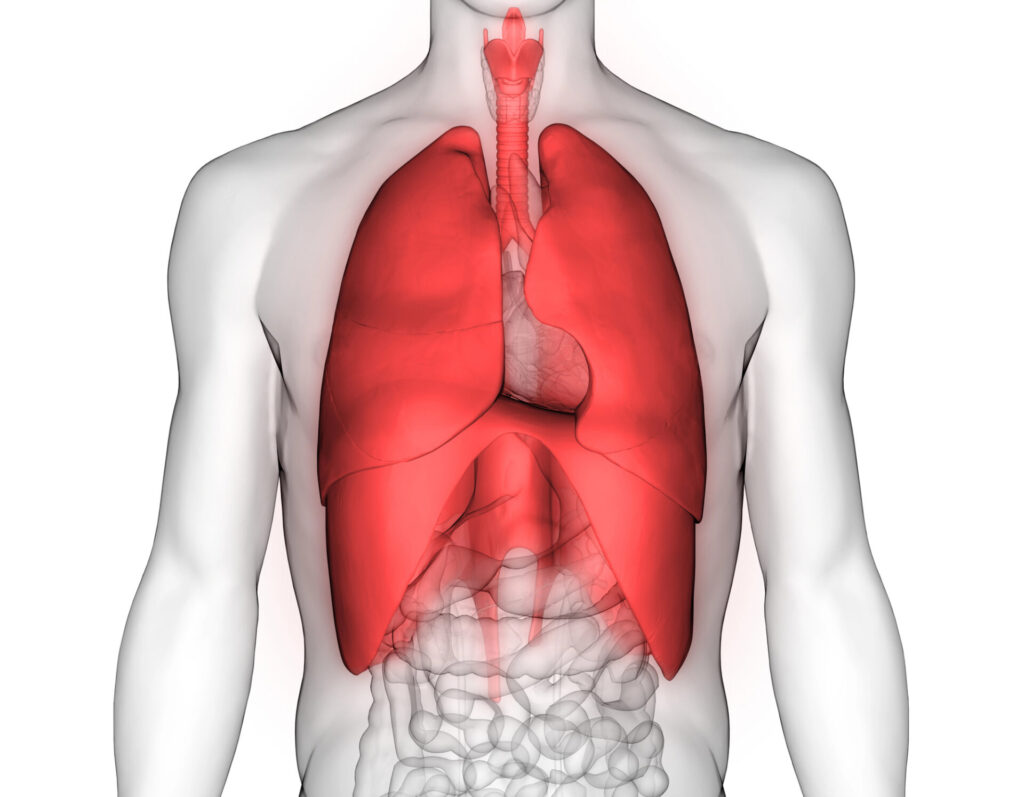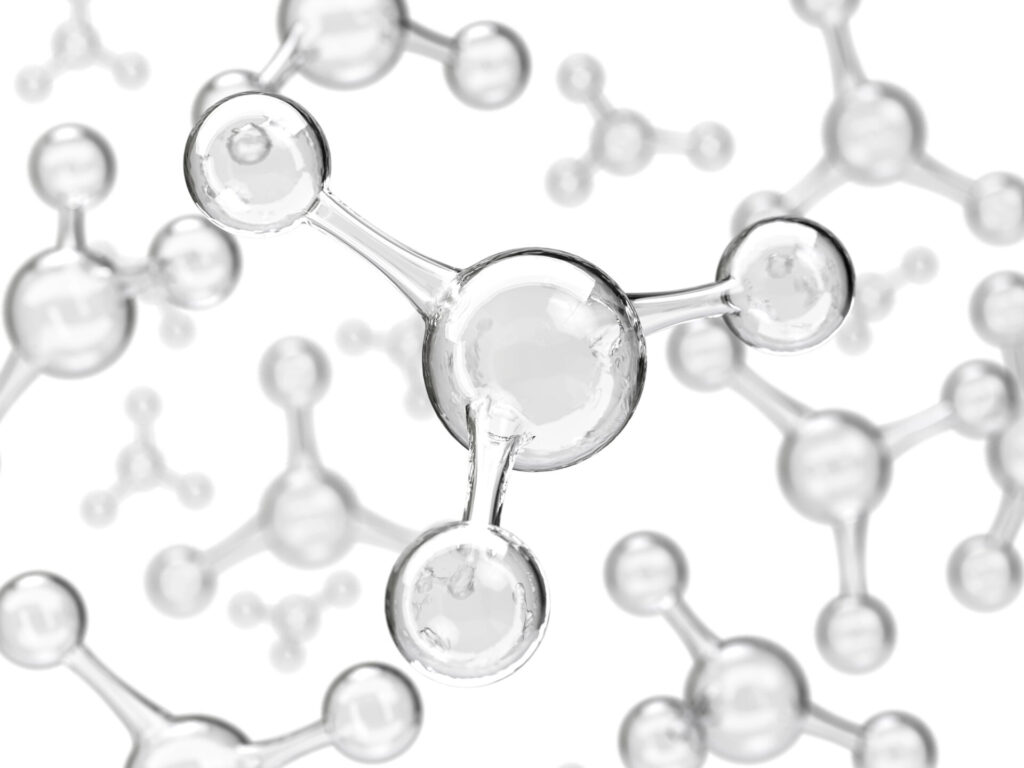Our gut microbiota is made up of the millions of microscopic creatures that inhabit our gastrointestinal tract. It is responsible for producing enzymes, metabolites, and other molecules crucial for optimum health, helping regulate our metabolism, immunity, and other processes throughout the body. Previous research has also shown that a mother’s gut health can significantly affect her children’s health, specifically in the area of immunity.
Little was known, however, about the relationship between a father’s gut microbiome and his offspring’s health. That’s the question that occupied researchers from the European Molecular Biology Laboratory (EMBL). They set out to determine whether an altered microbiota in a father could influence the fitness of his offspring. The results of their study were published in the May 1 issue of Nature.
To study the effects of the gut microbiota on male reproduction and their offspring, the researchers altered the composition of gut microbes in male mice by treating them with different combinations of antibiotics or laxatives to create dysbiosis, or an imbalance, in the gut. They then analyzed changes in the mice’s testicular metabolites. They found that the dysbiosis affected the physiology of the testes, among other changes.
To understand the implications of these dysbiosis-induced changes, the researchers then mated groups of treated and untreated male mice with untreated females. Mouse pups sired by the treated fathers showed significantly lower birth weights and an increased rate of postnatal mortality. Similar results were observed regardless of the method (antibiotic or laxative) used to induce dysbiosis.
Interestingly, the effect was reversible. When researchers withdrew the antibiotics or laxatives, the male mice’s microbiota recovered, and their future offspring developed normally and showed normal birthweight and mortality.
“We have observed that intergenerational effects disappear once a normal microbiota is restored. That means that any alteration to the gut microbiota able to cause intergenerational effects could be prevented in prospective fathers,” said Peer Bork, PhD, EMBL Director of EMBL Heidelberg and one of the study’s authors.
Conclusions
“The next step,” said Bork, “will be to understand in detail how different environmental factors such as medicinal drugs including antibiotics can affect the paternal germline and, therefore, embryonic development.”
While emphasizing that further research is needed, especially to determine whether their results are applicable to humans, the EMBL team noted that this study could have significant implications in the development of strategies to improve pregnancy outcomes and childhood health.
“Our study demonstrates the existence of a channel of communication between the gut microbiota and the reproductive system in mammals. What’s more, environmental factors that disrupt these signals in prospective fathers increase the risk of adverse health in offspring, through altering placental development,” said Jamie Hackett, PhD, coordinator of the research project and an EMBL Rome Group Leader. “[G]iven the widespread prevalence of dietary and antibiotic practices in Western culture that are known to disrupt the gut microbiota, it is important to consider paternal intergenerational effects more carefully—and how they may be affecting pregnancy outcomes and population disease risk.”






